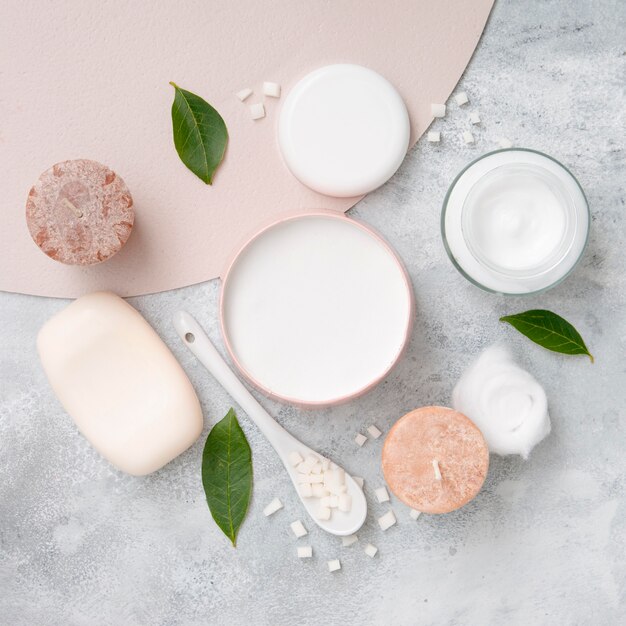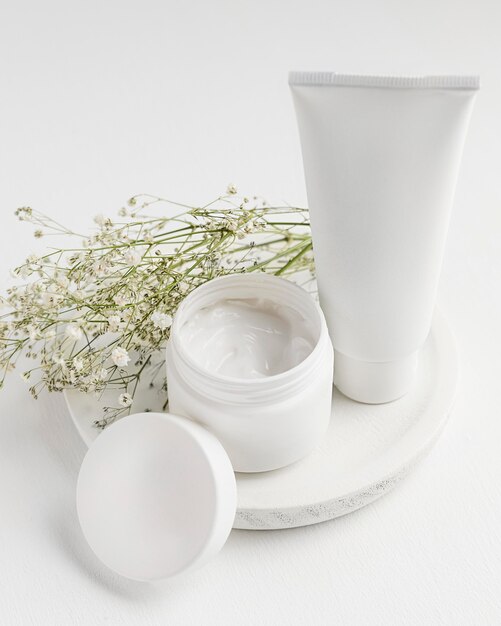
Introduction
Milk powder is a valuable ingredient with high nutritional and biological value, containing components like milk fats, proteins, sugars, and vitamins. Due to its softening, nourishing, and reparative properties, it holds a prominent position in the production of cosmetic and personal care products.
Milk powder is produced by removing water from liquid milk while retaining its essential nutrients, resulting in a concentrated, powdery form that is easy to store. Its multifunctional characteristics make it a versatile ingredient in various skin and hair care formulations.
Active Compounds and Their Role in Skin and Hair Care
1. Fats and Lipids:
These create a protective layer on the skin's surface, preventing water evaporation and maintaining skin hydration.
2. Milk Proteins:
Rich in amino acids, they strengthen the skin structure, repair cells, and promote cellular renewal.
3. Natural Sugars:
Acting as humectants, they absorb and retain moisture from the environment.
4. Vitamins and Minerals:
Vitamins A, B, D, and calcium contribute to cell regeneration, strengthen the skin's immune system, and prevent premature aging.

Applications of Milk Powder in Cosmetic Products
1. Moisturizing Products:
The fats and proteins in milk powder soften the skin and fill in surface cracks.
2. Facial Masks:
This ingredient deeply nourishes the skin, enhancing its freshness and radiance.
3. Anti-Wrinkle and Anti-Aging Products:
Milk proteins stimulate collagen production, reducing fine lines and wrinkles.
4. Shampoos and Hair Conditioners:
The compounds in milk powder repair damaged hair and strengthen its structure.
Benefits of Milk Powder in Beauty and Personal Care
1. Natural Moisturization:
Its fat and hydrating components soften and hydrate the skin.
2. Gentle Exfoliation:
By removing dead cells, it smooths and brightens the skin's texture.
3. Nourishing and Restorative Properties:
The nutrients in milk powder strengthen the skin and hair from within.
4. Effective Anti-Aging:
It boosts collagen production and minimizes aging signs.
Safety Considerations and Potential Side Effects
Milk powder is generally suitable for all skin types. However, individuals with dairy allergies or acne-prone skin should use products containing this ingredient with caution. Possible side effects include irritation, redness, dryness, or acne outbreaks. Its comedogenic rating is 2, indicating a moderate likelihood of clogging pores.
Conclusion
Milk powder, as a multifunctional and nourishing ingredient, holds a significant place in the formulation of many cosmetic and personal care products. Its active compounds help hydrate, nourish, and repair the skin and hair, making it a valuable component in beauty care. Despite its numerous benefits, individuals with skin sensitivities or specific conditions should use it cautiously.








